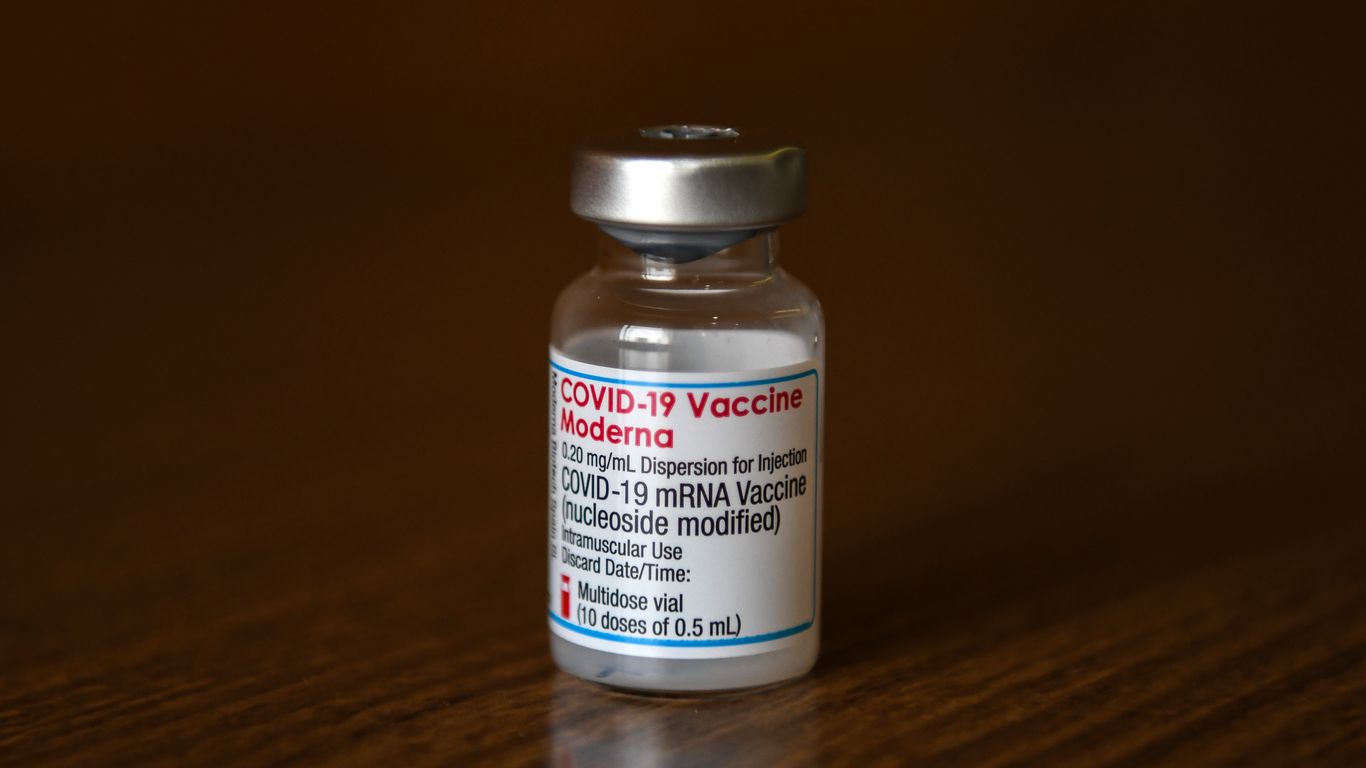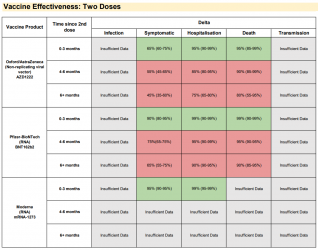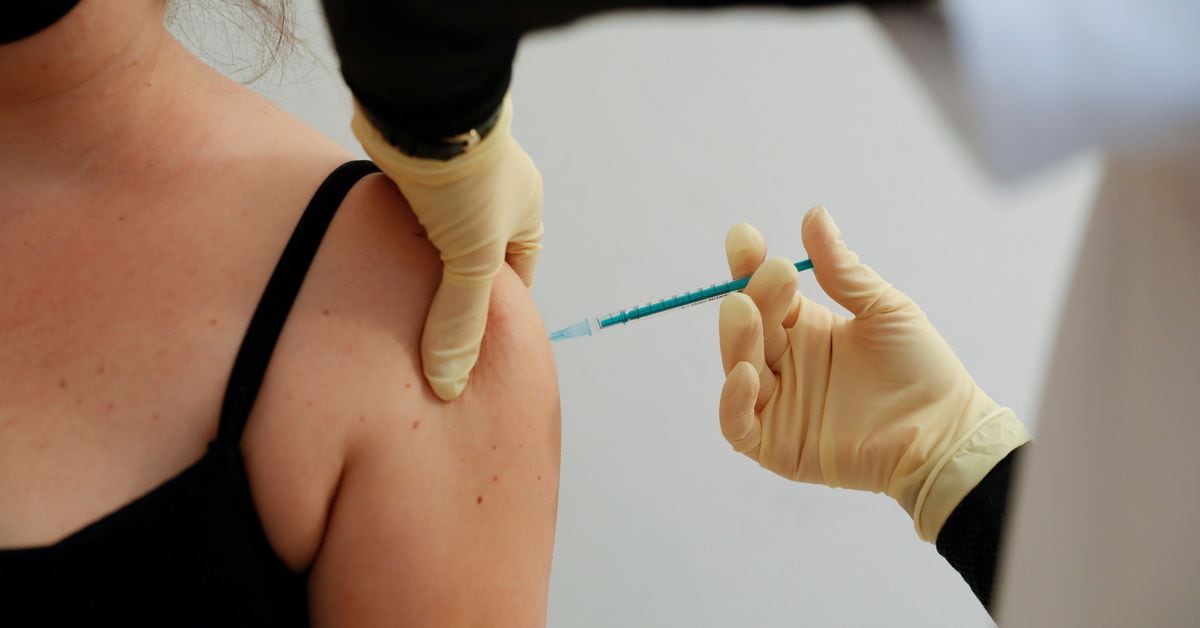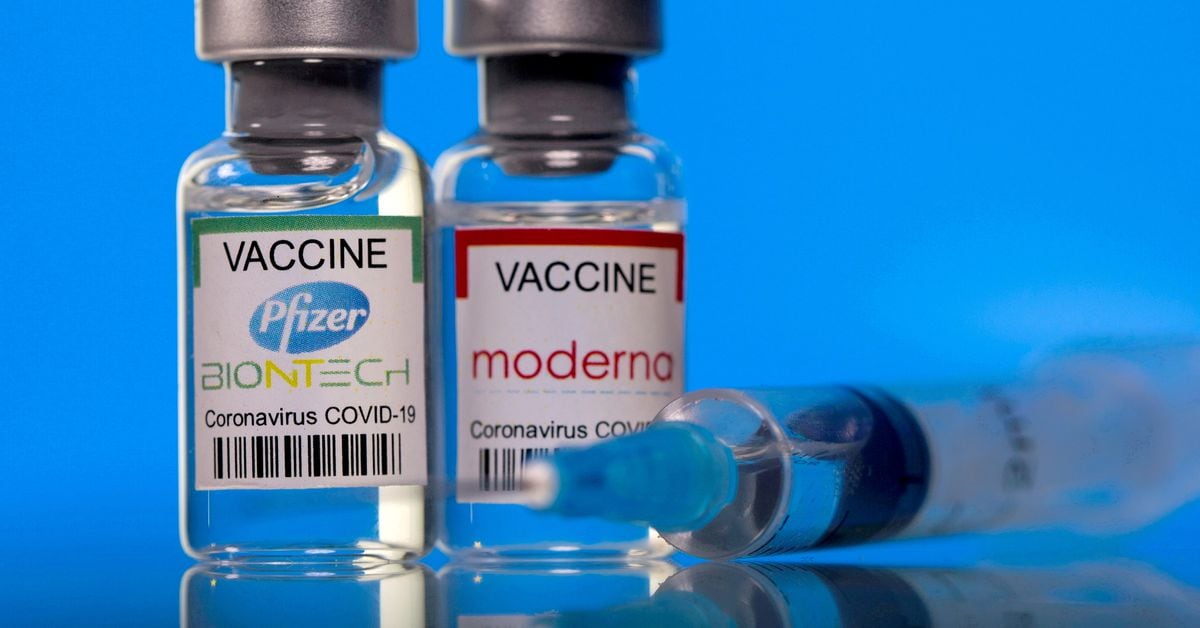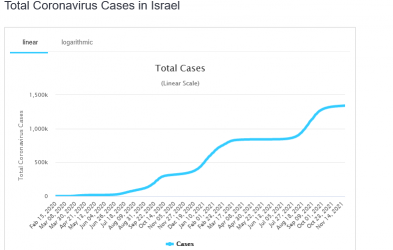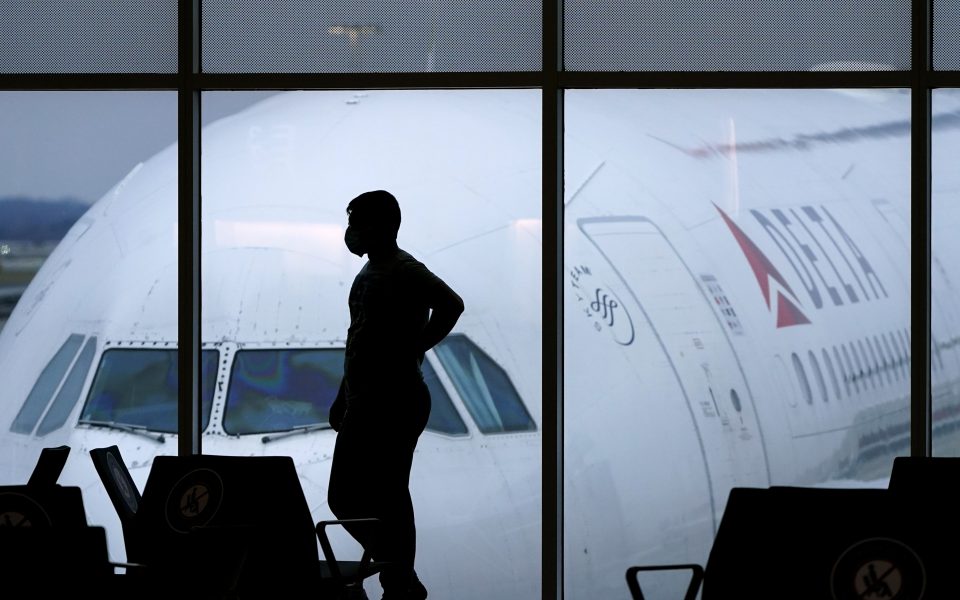The problem really isn't herd immunity.It has been shown in a few places case numbers start to drop once 75% double vaxed levels are reached.
The problem is that the current vaccines and regimes do not produce long lasting effects unless you had had covid and then vaccinated.
The studies in Israel showed that the increase in infections occurred some 6 months after the second jab and does show decreasing antibody levels. this graph is informative.
View attachment 265700.
Israel started vaccinating in December 2020.They had given 205 of first shots in the first 3 weeks. The wave that began in Late November was controlled by late March.
However the next wave began in July 6 months after people began getting their second jab. Instead of locking down they decided on getting booster doses. So by October - again about 3 months after rolling out boosters the wave was controlled. So the Israelis have been encouraging booster at 5 months so as not to let covid escape.
The US has now recommended everyone should have a booster at 6 months as is Norway. IMHO Australia should do the same.
A question does remain that if the US etc had followed the real world advice about a longer spacing between Pfizer jabs.
An interval of at least six weeks between the two doses of the Pfizer-BioNTech covid-19 vaccine increased concentrations of neutralising antibodies, research funded by the Department of Health and Social Care for England has found.1 The preprint, released on 23 July, looked at immune responses...

www.bmj.com







